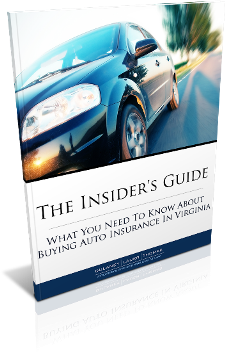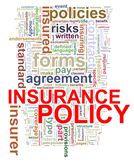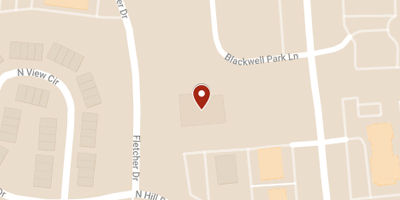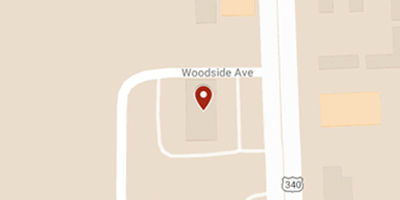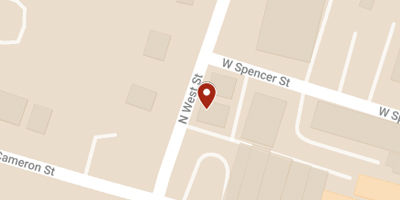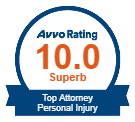.jpeg) In many states across the U.S., there are laws that allow an injured victim to hold a bar or restaurant liable in a drunk driving accident caused by the alcohol they served to the driver. Commonly known as dram shop laws, Virginia is one of the few states that does not have them. In Virginia, bars and restaurants that provide alcohol are not responsible for the later actions of their customers. Instead, Virginia holds that alcohol-related crashes are caused by the consumption of alcohol, not the furnishing of alcohol by a third party.
In many states across the U.S., there are laws that allow an injured victim to hold a bar or restaurant liable in a drunk driving accident caused by the alcohol they served to the driver. Commonly known as dram shop laws, Virginia is one of the few states that does not have them. In Virginia, bars and restaurants that provide alcohol are not responsible for the later actions of their customers. Instead, Virginia holds that alcohol-related crashes are caused by the consumption of alcohol, not the furnishing of alcohol by a third party.
What Is Dram Shop Liability?
In states other than Virginia, dram shop liability is a provision that allows the injured person or family of a deceased person in a drunk driving accident to sue the establishment that sold the alcohol to the driver. The term “dram” comes from the historical unit of measurement for alcohol.
In states that allow for dram shop liability, both sides can actually try and use it to receive compensation. The idea behind the liability is that when the driver was at a bar or restaurant, the establishment failed to pay attention to the person and didn’t cut them off from any further alcoholic drinks. The same holds true if the bartender notices a person is not capable of driving safely and doesn’t take their keys or try to stop them.
What Does the Lack of a Dram Shop Law Mean to Drunk Driving Victims?
Since Virginia does not have dram shop or social host liability law, victims of drunk drivers who were served alcohol in a bar face a more challenging legal situation when seeking compensation for their injuries and damages. Here's what it means for the victim:
- Limited legal recourse. In the absence of dram shop laws, the victim generally cannot hold the bar or alcohol vendor directly liable for serving alcohol to the drunk driver who caused the accident, even if it was apparent that the driver was intoxicated at the time of service.
- Focus on the intoxicated driver. Virginia's legal stance primarily focuses on holding the intoxicated driver personally responsible for their actions. In most cases, the drunk driver will be held accountable for any injuries, property damage, or other losses resulting from the accident.
- Complex investigations. When seeking compensation, the victim's legal team may need to conduct a more complex investigation to establish the liability of the drunk driver and demonstrate that their impairment was a direct cause of the accident.
- Insurance claims. Victims often rely on the drunk driver's insurance coverage to recover damages. However, if the drunk driver lacks sufficient insurance or assets to cover the victim's losses, it may be challenging to obtain full compensation.
- Civil lawsuit. In cases where insurance coverage is insufficient, the victim may consider filing a civil lawsuit against the drunk driver personally. Recovering damages in such cases can be complex, especially if the driver has limited financial resources.
- Underinsured/uninsured motorist coverage. Victims may also turn to their own insurance policies, specifically underinsured/uninsured motorist coverage, to help cover their losses if the at-fault driver lacks adequate insurance.
For victims of a drunk driver in Virginia, the absence of dram shop or social host liability laws means that their legal options for seeking compensation are more limited. They will primarily rely on the drunk driver's insurance coverage, their own insurance policies, and, in some cases, personal injury lawsuits against the intoxicated driver.
Recovering full compensation may be challenging, and consulting with an experienced personal injury attorney is essential to navigate the legal process effectively and maximize the chances of receiving adequate compensation for their injuries and damages.


